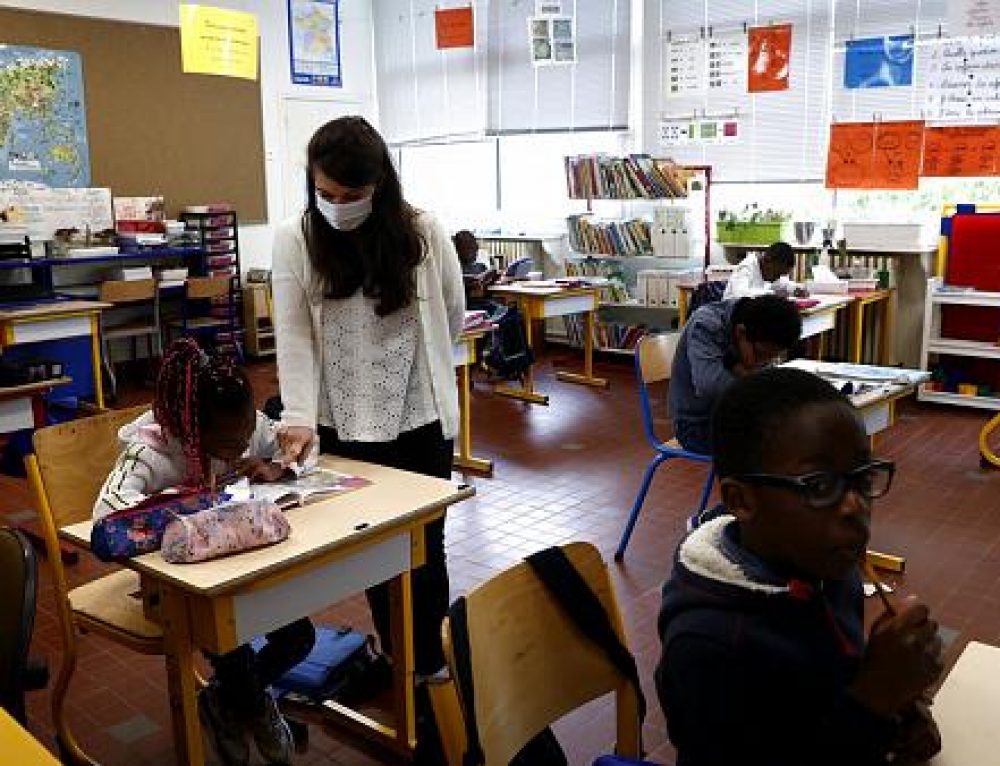US economy could lose $15.3 trillion due to school closures.
The COVID-19 pandemic has not stopped at national borders. It has affected people regardless of nationality, level of education, income or gender, and education has not been the exception. The pandemic has exposed the many inadequacies and inequities in our education systems – from access to the broadband and computers needed for online education, and the supportive environments needed to focus on learning, up to the misalignment between resources and needs. Missed time in the classroom could also result in a loss of the skills needed to boost economic productivity according to the OECD’s publication Education at a Glance.
According to the report from the Organization for Economic Cooperation and Development, school closures from the coronavirus pandemic could cause global GDP to be 1.5% lower for the remainder of the century, resulting in a $15 trillion loss for the U.S. economy.
As children are having to rely on their own resources to learn despite efforts from schools and educators to adapt lesson plans, higher education institutions have sought to use technology and offer online classes and learning experiences as a substitute for in-class time, but many other universities struggled and lack the experience and time needed to conceive new ways to deliver instruction and assignments.
The outlook is very uncertain. But, if anything, the pandemic has exposed our vulnerability to crises and revealed how precarious and interdependent the economies we have built can be. Disruptions on the scale we have just witnessed are not limited to pandemics, but may also result from natural, political, economic and environmental disorder. Our capacity to react effectively and efficiently in the future will hinge on governments’ foresight, readiness and preparedness.














